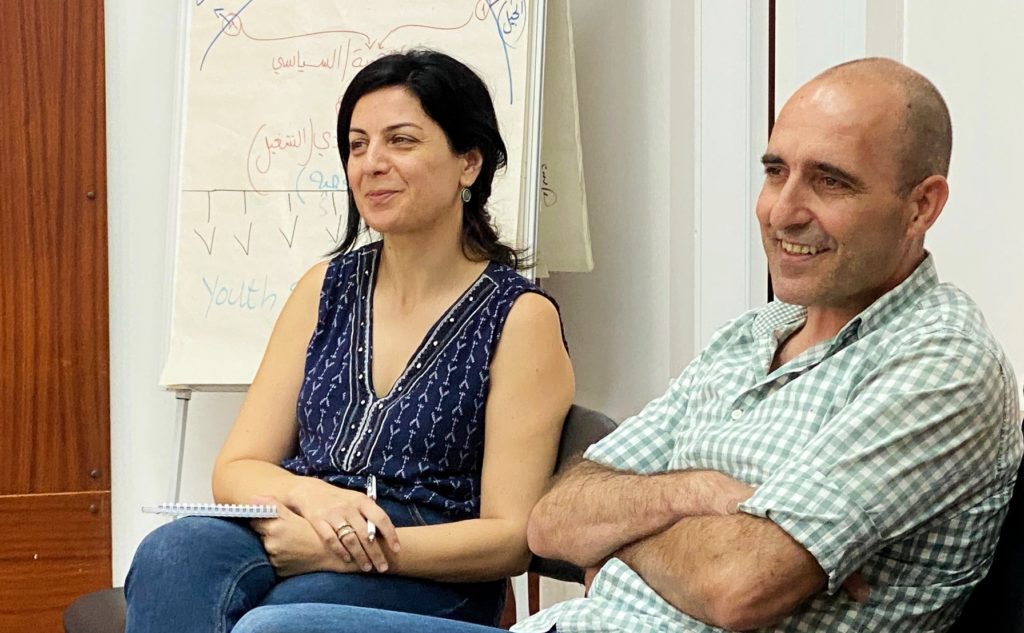Lecture: Challenges in Planning in Palestinian Society in Israel – Dr. Enaya Banna-Jeries
Dr. Enaya Banna-Jeries delivered a lecture as part of the Change Agents Course for Urban Planning. Here are some key points from her presentation on the discrimination faced by the Palestinian community in Israel, particularly in the field of planning:
When Decision 922 was made a few years ago, aimed at closing gaps in the Arab community in Israel, there was optimism about advancing issues. However, significant changes have occurred since then, and we are currently facing the largest setback in government policy to date. Even before the war, government representation in planning institutions was approved, significantly increasing the political power of the government in planning committees. Furthermore, Palestinians are almost entirely unrepresented in these committees. For instance, in the Northern District, which houses the majority of the Palestinian population, out of 17 representatives, only 2 are Palestinian, and that is only due to an intervention by the Supreme Court.
The Knesset has finalized the application of the Acceptance Committees Law to rural community settlements of 700 residents, effectively allowing the exclusion of Palestinians from these areas. We are living in spatial segregation.
There are nearly 30,000 “unapproved” houses in the Palestinian community within Israel. For example, in the village of Kfar Qara, half of the homes are unapproved. Currently, there are plans to transfer building offense oversight to the Minister of National Security, Itamar Ben-Gvir, known for his discriminatory approach.
The housing crisis in the Arab community includes an annual shortage of 5,000 housing units. Over 85% of young couples in major towns do not own land for construction, and private land for building costs more than 300 months’ salary.
The average area designated for infrastructure and public spaces is twice as large in Jewish towns compared to Arab towns. There is a recommendation to reintroduce property tax on undeveloped land.
There is a policy to replicate a perception promoted in the occupied territories for building near Arab towns in Israel—for example, the establishment of Arbel near Ilabun, which acts as an outpost.
In conclusion, Enaya presented the activities of the Bia’dar organization, where she is active, which promotes joint projects on strategic issues to support construction and development in urban renewal, strategic agreements, state land use, and private land development.
—

